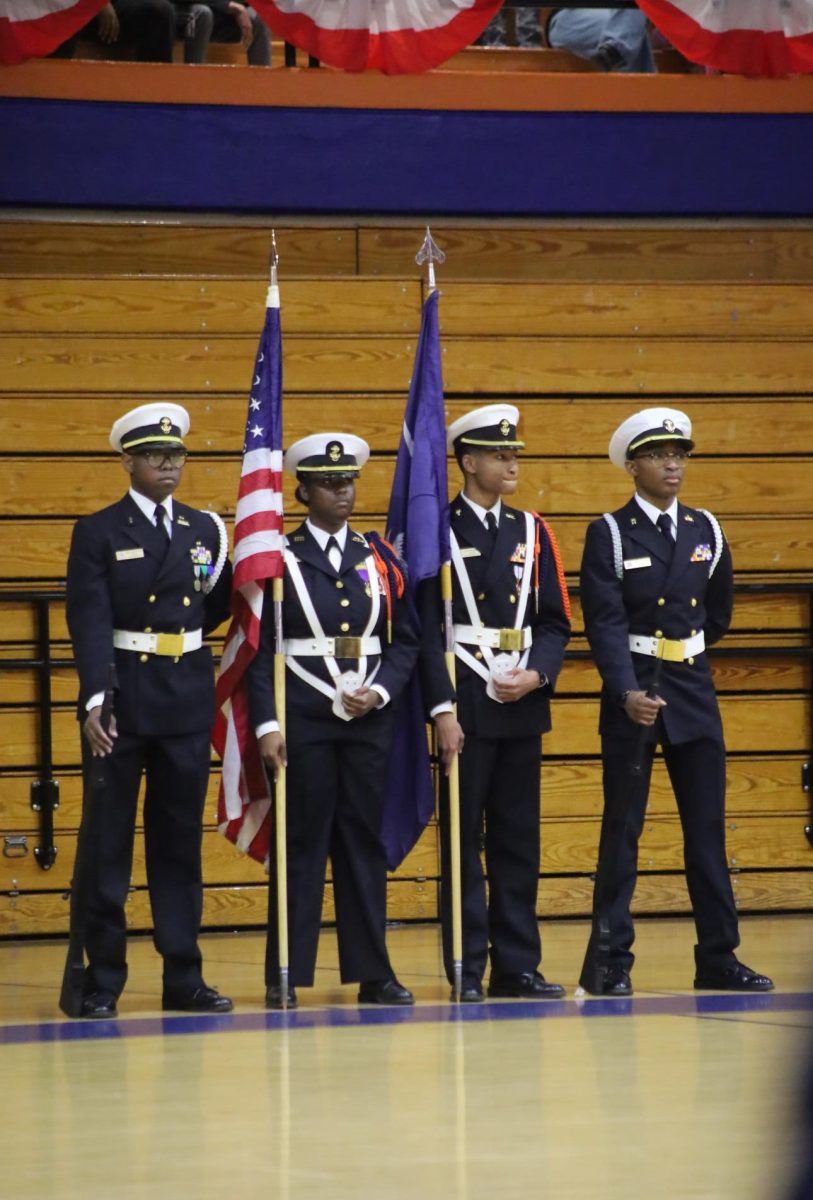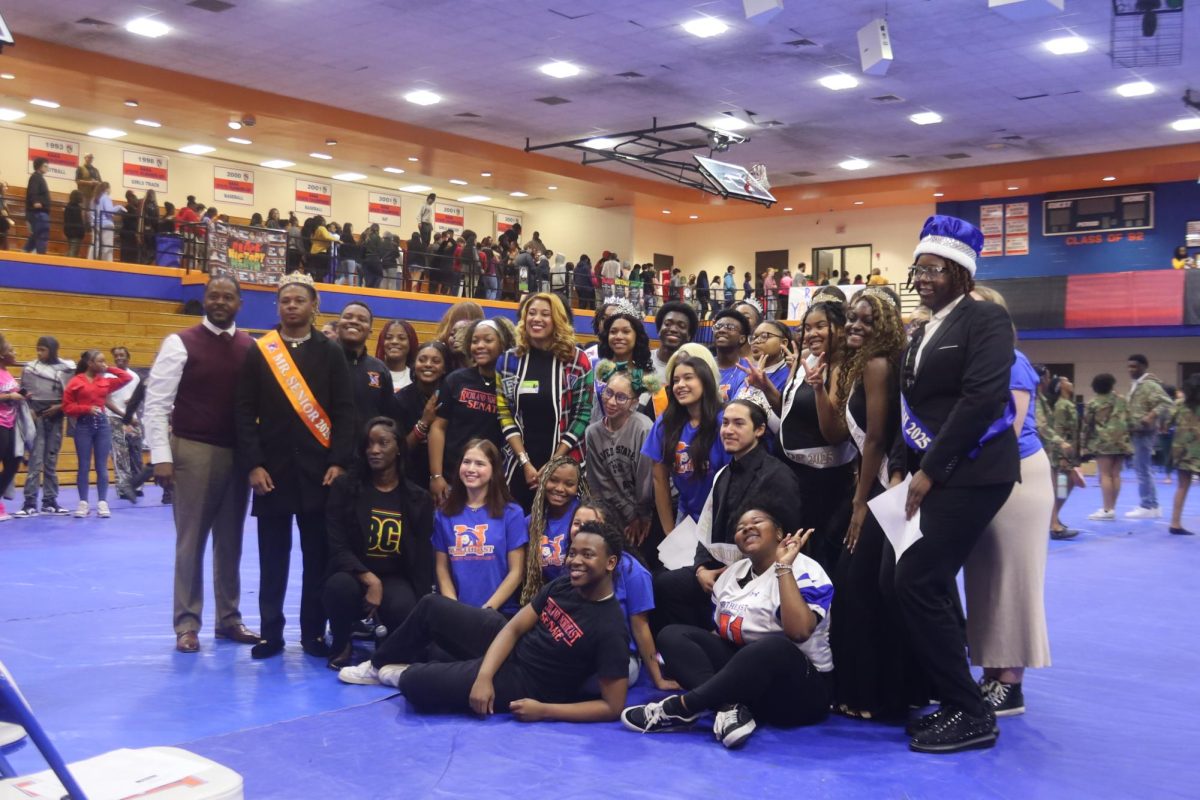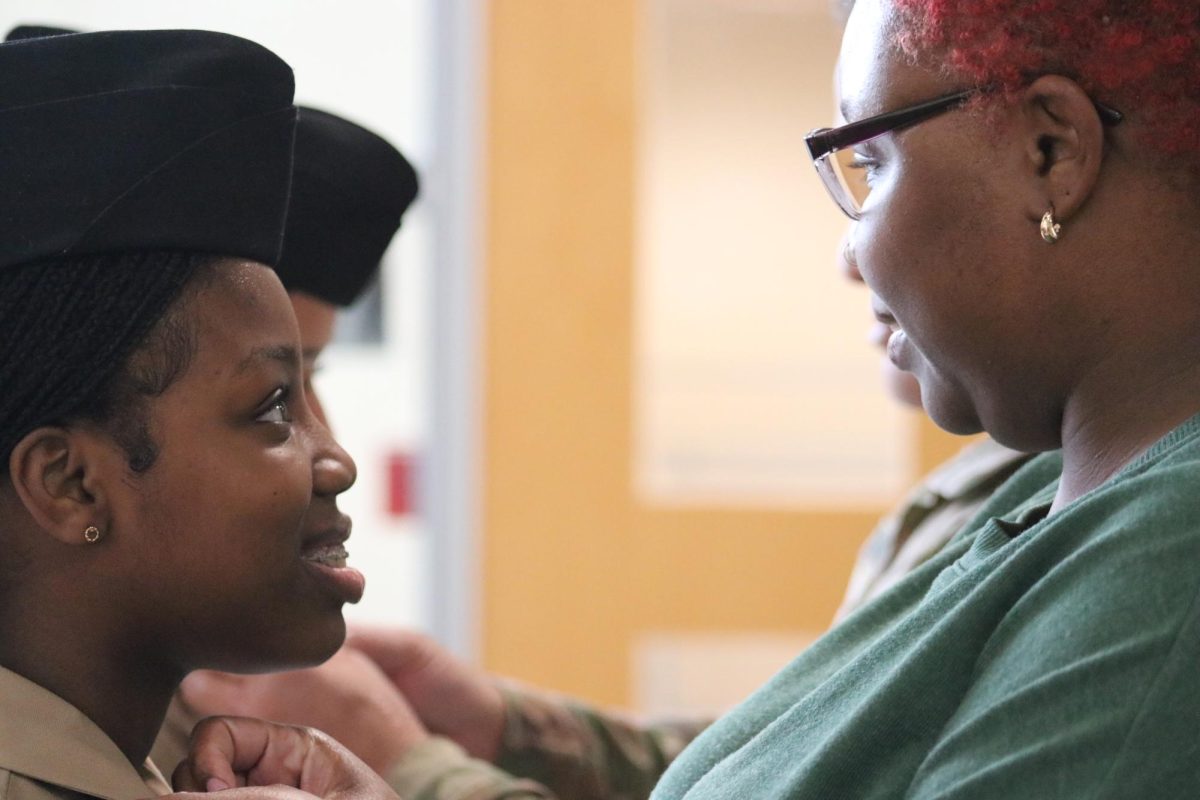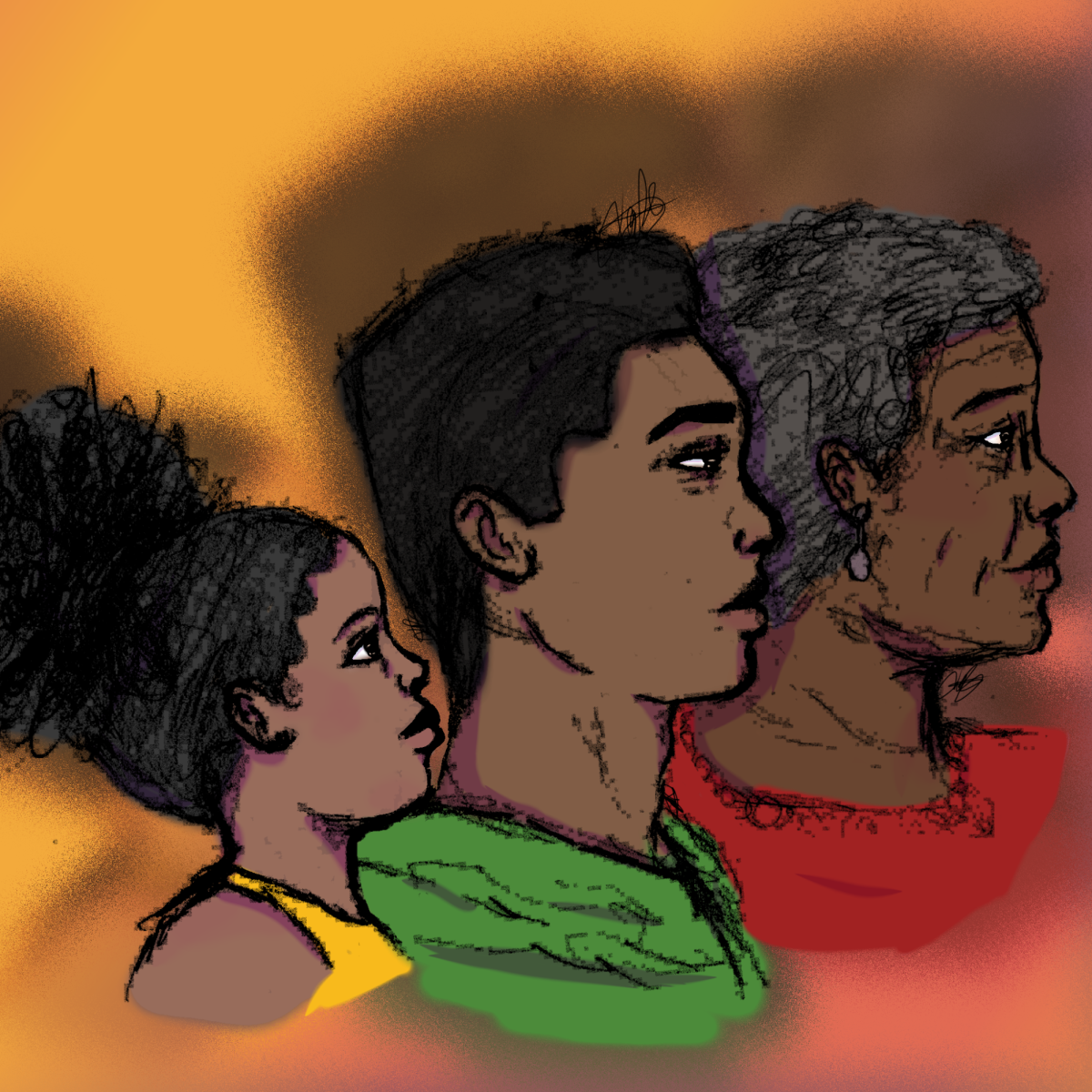It’s an all too familiar feeling for Tamara Hernandez-Morales.
She has a big assignment due. She should be doing it. But instead, she’s doing everything else imaginable.
And then there’s that sudden feeling of dread.
“But once (that feeling) hits me, my adrenaline… I get even more stressed,” the senior said, “which tells me I need to get this done.”
Social studies teacher Lindsay Rabin said she doesn’t fall prey to procrastination in her professional life, but at home, it’s a different story.
“Things like cleaning my house,” she said. “I hate cleaning my boys’ bathroom, because it’s gross, so I’ll clean everything else immaculately, our bathroom, the kitchen… then when it gets to the boys bathroom, I’ll leave that to the very last thing we have to do.”
Many others can relate. Procrastination is the act of delaying or postponing an activity for a duration of time. Whether it may be homework, chores, or important things, we all do it, especially as students and teachers.
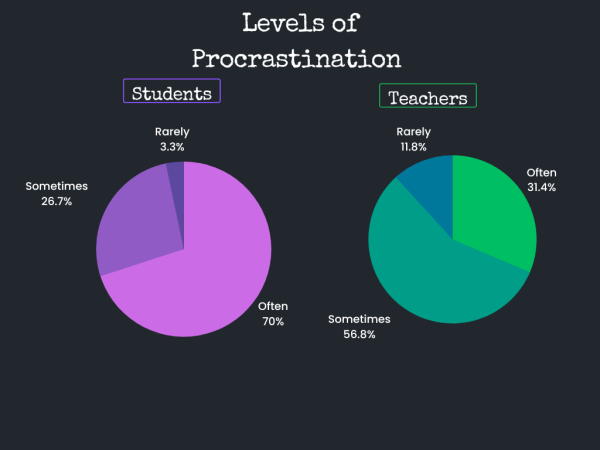
Through a survey conducted at Richland Northeast High School student participants (93), 70.0% of students said they procrastinate often.
Studies have shown that a lack of self-control and motivation causes procrastination. Self-control is a prominent attribute of procrastination because it influences whether you are going to have the willpower to do your task now or later. Our emotions can also determine our work ethic: if you are tired you are more likely to go to sleep or not do your work because you have less self-control in that state. Lack of motivation is also a critical factor in procrastination because if you are not motivated you won’t do it. Most of us can concur that we are more motivated if we get a reward at the end of a task, yet less motivated if we do not get a favorable outcome.
Itamar Shatz, Ph.D., creator of the self-help site SolvingProcrastination, explains some common reasons why people procrastinate: anxiety, lack of time management, low energy, and inertia. These reasons are prevalent among students and teachers. They may feel stress because of their families, assignments, and extracurricular activities. These factors are more compounded in students, due to the additional stress factors of finding their identity in school.
Stress can lead to anxiety which may lead some people to procrastinate because they can’t focus. Anxiety and time management can be intertwined because you might feel anxious about a deadline. Another form of procrastination is inertia which is the repetitive action of what someone is already doing.
Video games and social media can lead to inertia because people often get distracted by it and it takes time for people to go back to their task.
Over time procrastination can become chronic.
Shari N. Dade, P.h.D, a psychologist in Columbia and creator of Everyday Psychology LLC, said “when you put things off and you do well, often some will think, ‘I don’t have to do it early because I’m still doing good.’ “
Some people are more susceptible to experiencing chronic procrastination because of mental illnesses. Those who might have a mental illness like depression may generally feel fatigued which means they won’t have enough energy to complete a task. According to Shatz, chronic procrastination can be helped by breaking your task into small-scale steps.
If you struggle with procrastination, Dr. Shari N. Dade suggests these tips,
- The Pomodoro Technique: a time-management strategy where you set a timer for an x amount of time and do your work and once that timer is over you set the same amount of time to do whatever you like( that’s not work). Make sure to repeat this to finish your task.
- Ask yourself why you are procrastinating: are you anxious, not knowing where to start, etc…
- Have an accountability buddy: find someone you know who will check in on you about an assignment.



